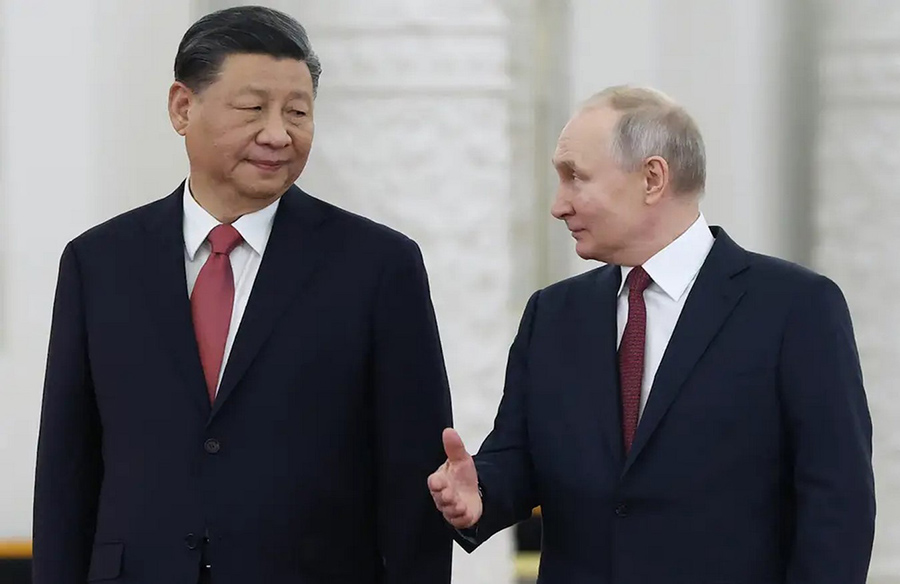The enduring partnership between China and Russia, often characterized as “no limits” in scope, is facing potential challenges as the year 2024 unfolds. Recent developments, particularly regarding financial discussions between the two nations, suggest strains in their closely held relationship.
Delays in Yuan Loans
Russia’s finance ministry has been engaged in discussions with its Chinese counterparts regarding yuan loans. However, a notable delay in reaching a decision hints at potential tension within the partnership. Russian Finance Minister Anton Siluanov revealed in an interview with RIA state news agency that talks with Chinese authorities have been ongoing for an extended period without a conclusive outcome.
Siluanov acknowledged discussions on this matter during inter-ministerial dialogues towards the end of the previous year. Despite provisions in Russia’s finance ministry budget for yuan loans, no definitive agreement has been reached. The duration of these negotiations remains undisclosed.
Evaluation of Partnership
The alliance between China and Russia, often touted as having “no limits,” was formally affirmed in a joint statement issued on February 4, 2022, during Russian President Vladimir Putin’s visit to China for the Beijing Winter Olympics. However, reports emerged barely a month later, following Russia’s invasion of Ukraine, suggesting Chinese officials were reassessing their commitment.
Despite geopolitical shifts and global scrutiny, the partnership appears steadfast on the surface, with ongoing economic engagements. The symbiotic relationship has bolstered Russia’s economic resilience while challenging Western efforts to curtail Moscow’s actions in Ukraine.
Considerations for Yuan Loan Deal
Analysts speculate that Chinese authorities are deliberating the risks and rewards associated with a potential yuan loan agreement with Russia. Beyond political ramifications, Chinese commercial banks are assessing factors such as risk premiums and currency fluctuations amid the volatile geopolitical landscape.
Dong Jinyue, a senior economist at BBVA Research, emphasizes the need for Chinese banks to weigh risks meticulously, particularly amidst the ongoing conflict between Russia and Ukraine. Heightened financial scrutiny and the specter of secondary sanctions from the West have further complicated financial transactions between Chinese banks and Russian entities.
Impact of Secondary Sanctions
The imposition of secondary sanctions by the United States has prompted Chinese banks to intensify compliance measures concerning dealings with Russian businesses. Fear of repercussions under increasingly stringent sanctions regimes has led major Chinese banks to halt transactions with sanctioned Russian financial institutions.
This development underscores the multifaceted challenges facing bilateral financial relations between China and Russia. Dmitry Peskov, a spokesperson for the Kremlin, has acknowledged the complexities surrounding Chinese bank transactions, indicating ongoing efforts to address these issues through dialogue with Beijing.










